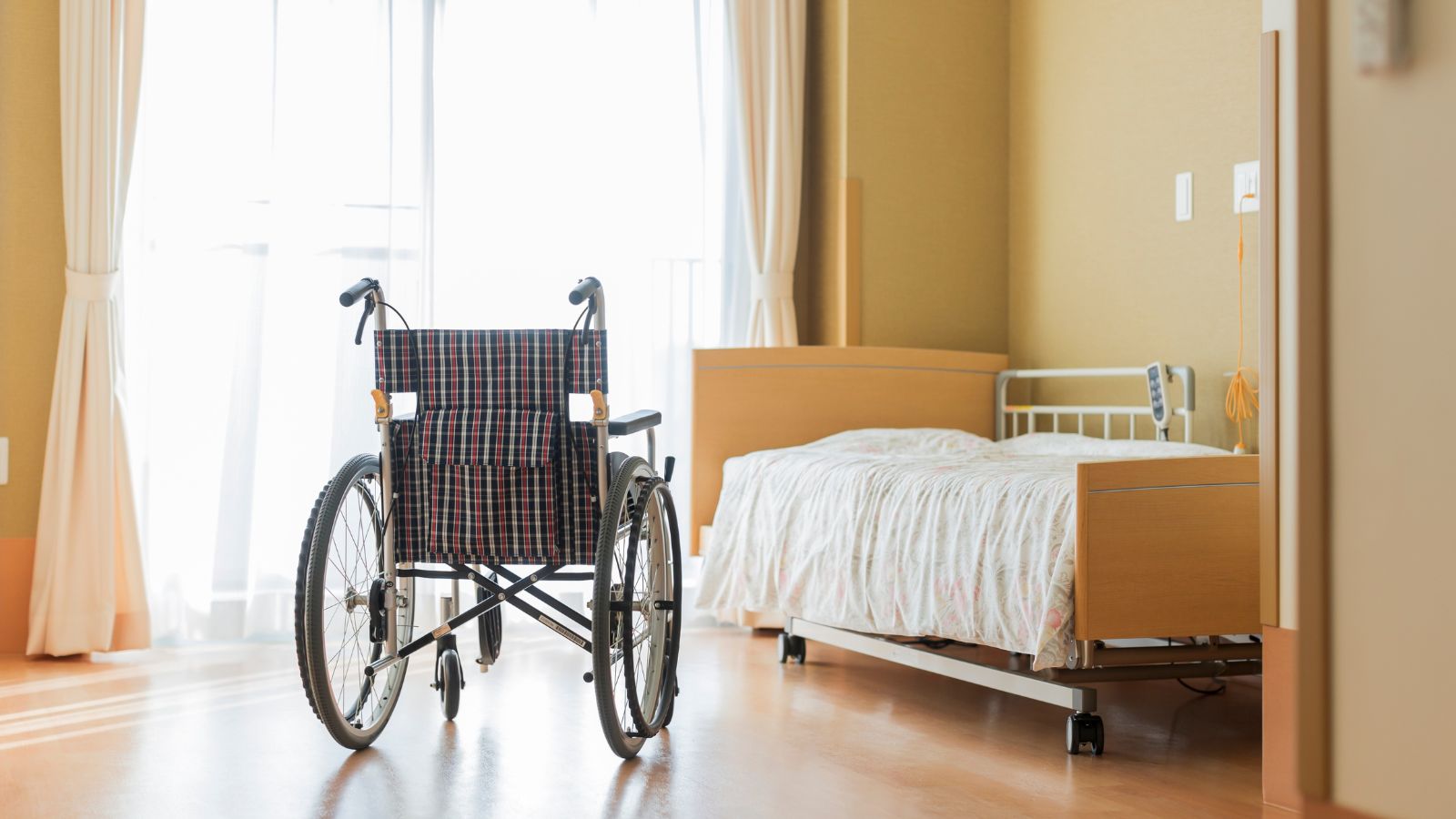
Families trust nursing homes to care for their loved ones with compassion and professionalism. Too often, that trust breaks when hidden abuse surfaces, usually after real damage is done.
“New York’s long-term care system faces serious issues behind closed doors. Some involve overworked staff, systemic failures, or outright neglect. Beneath polished brochures and five-star reviews, warning signs lurk in plain sight,” says attorney Michael Duffy of Duffy & Duffy, PLLC.
This article explores the lesser-known realities of nursing home abuse across New York State.
Understaffing and Its Direct Role in Neglect
Shift after shift, many New York nursing homes strain their staff to the limit. Certified nursing assistants often care for more residents than guidelines recommend. That leaves little room for thorough check-ins, timely hygiene help, or emotional support.
As time passes, essential needs are overlooked. Skipped meals lead to nutritional deficiencies, while unwashed bedding results in sores that become infected. When there’s no one available to help with mobility, avoidable injuries increase.
Staff burnout feeds the cycle even further. Exhaustion lowers alertness, with patience fading fast under pressure. Residents end up suffering while the system remains quietly overwhelmed behind closed doors.
Financial Exploitation Inside Elder Care Facilities
Scams do not always happen online or over the phone. Some take place inside nursing homes, carried out by staff who see vulnerable residents as easy targets. Power of attorney abuse, forged checks, and ATM withdrawals often go unnoticed until bank statements raise questions.
Cognitive decline makes residents especially susceptible. Staff with daily access might persuade someone to sign documents they do not fully understand. In some cases, personal belongings quietly disappear from rooms without explanation.
Facilities rarely report suspected financial abuse unless families push hard for answers. Without strict internal audits or family oversight, it often slips through undetected.
State Oversight Gaps and Regulatory Failures

Routine inspections often miss the worst offenses. Staff can prepare for days, covering signs of neglect long enough to pass audits. Meanwhile, real problems return once regulators leave.
Complaint backlogs grow inside state health departments. Families report abuse, only to wait months for an answer, sometimes after a loved one has passed away. Inconsistent enforcement makes it harder to hold repeat offenders accountable.
Public access to inspection reports helps little without context or follow-up. A clean record does not always mean quality care. It sometimes implies no one looked closely enough when it mattered most in New York’s nursing facilities.
Silent Suffering: Abuse Among Non-Verbal Residents
Residents who cannot speak face a different level of vulnerability. Facial expressions, body language, and subtle shifts in mood often become their only form of communication. Caregivers without training may overlook or misread those signs entirely.
Patterns, including sudden fear during bathing, bruises that don’t match explanations, and withdrawal from familiar people, and explanations, tell the story when words can’t. Abusers sometimes target non-verbal residents because they expect no retaliation.
Families rely on small clues to spot problems early. Surveillance laws vary across New York facilities, so it may be harder to prove mistreatment unless someone happens to witness abuse as it unfolds in real time.
What You Can Do to Protect Your Loved One
You can minimize the risk of abuse by staying present and involved. Frequent visits at varying times help expose routine patterns and identify changes in behavior or hygiene. Staff notice when families show up often, and that alone can make a difference.
During the visits, observe how staff interact with patients, ask about their medications, and document any injuries or unusual behavior. Keep records, including photos, notes, and even timestamps. Over time, that builds a clear picture if something seems off.
If numerous warning signs arise and the facility remains unresponsive, it may be necessary to consult a lawyer specializing in nursing home abuse. Legal professionals like those at Duffy & Duffy focus on elder neglect cases across New York and know how to push for accountability.


















